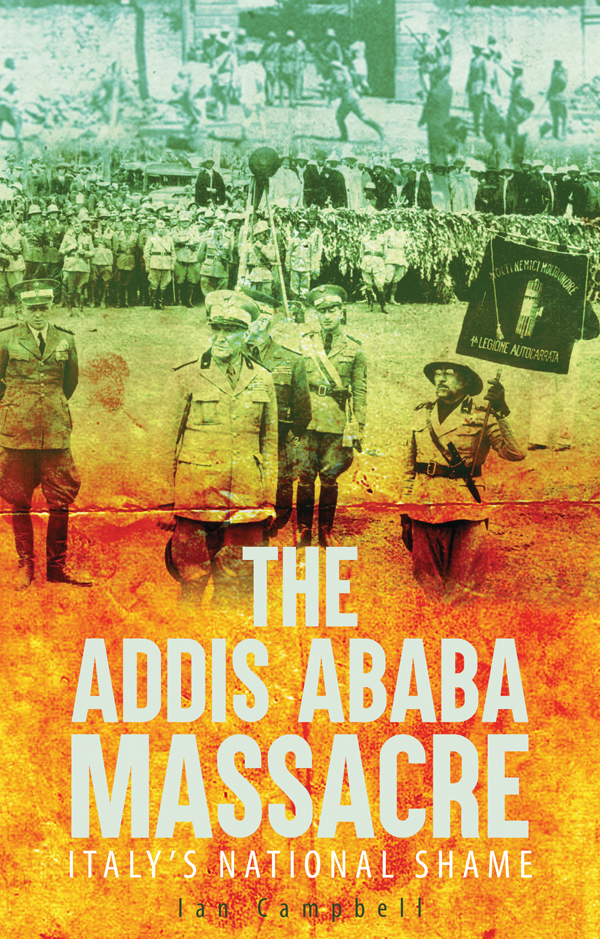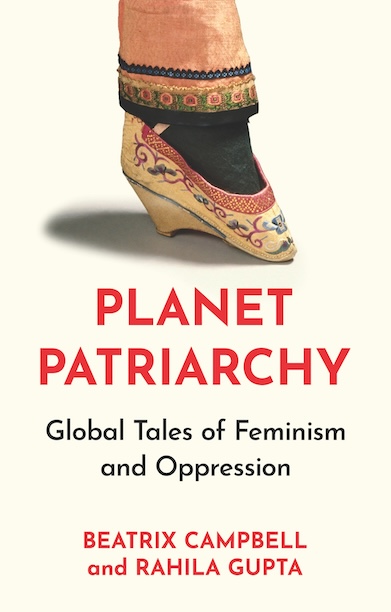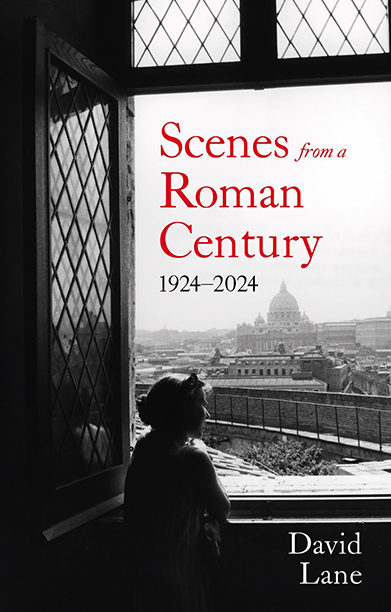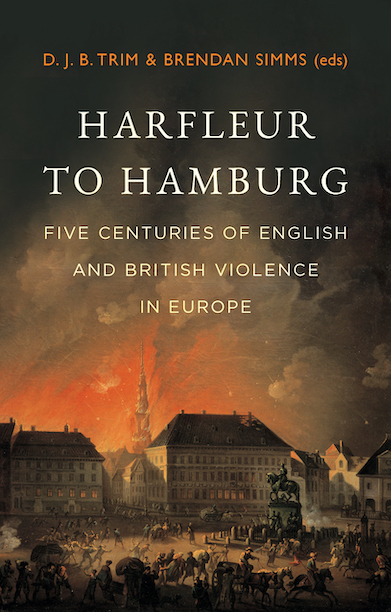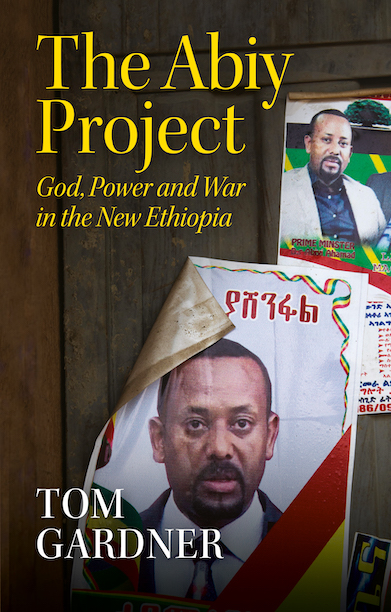The Addis Ababa Massacre
Italy's National Shame
In February 1937, Italy’s occupying forces murdered 19,000 Ethiopians. In a brilliant piece of forensic historical reconstruction, Ian Campbell rescues from obscurity this episode of Fascist mass extermination.
A Financial Times History Book of the Year, 2017.
Description
In February 1937, following an abortive attack by a handful of insurgents on Mussolini’s High Command in Italian-occupied Ethiopia, ‘repression squads’ of armed Blackshirts and Fascist civilians were unleashed on the defenceless residents of Addis Ababa. In three terror-filled days and nights of arson, murder and looting, thousands of innocent and unsuspecting men, women and children were roasted alive, shot, bludgeoned, stabbed to death, or blown to pieces with hand-grenades. Meanwhile the notorious Viceroy Rodolfo Graziani, infamous for his atrocities in Libya, took the opportunity to add to the carnage by eliminating the intelligentsia and nobility of the ancient Ethiopian empire in a pogrom that swept across the land.
In a richly illustrated and groundbreaking work backed up by meticulous scholarly research, Ian Campbell reconstructs and analyses one of Fascist Italy’s least known atrocities, which he estimates eliminated 19-20 per cent of the capital’s population. He exposes the hitherto little-known cover-up conducted at the highest levels of the British government, which enabled the facts of one of the most hideous civilian massacres of all time to be concealed, and the perpetrators to walk free.
Reviews
‘The most authoritative account to date of this much-neglected atrocity.’ — Financial Times Books of the Year 2017
‘Campbell’s extraordinary research (which has spanned a quarter of a century) maps out the massacre . . . in exemplary fashion. It is a horrific tale, told with verve and a sense of moral passion, but also with the meticulous skill of a detective and a historian.’ – Times Literary Supplement
‘[A] masterly history . . . Ian Campbell has performed a tremendous service by rescuing from historical neglect and European propaganda the stories of the victims of 20th-century Italy’s homicidal push for greatness.’ — The National
‘A magisterial work which deserves the attention of a wide audience as it provides a sober yet spellbinding narrative of one of the era’s greatest desecrations of humanity.” – New African Magazine
‘Campbell reveals, in excruciating detail, how extreme and indiscriminate violence and brutality perpetrated against innocent and unarmed civilians was a standard policy followed by Fascist Italy. . . an important historical account.’ — African Studies Quarterly
‘Breath-taking and intriguing . . . monumental. . . [Campbell writes] with the skill of a novelist and the research prowess of a well-seasoned academic. . . He has created an important historical account that is accessible. This book will satisfy academics, researchers, and the general public alike.’— The Wiener Library Blog
‘[T]he first comprehensive account of the massacre … In Italy Graziani’s great crime is seen as little more than a typical European colonial atrocity … But, as Mr Campbell’s meticulous work makes plain … this was a methodical effort to wipe out Ethiopian resistance to Italian rule, more like later Nazi war crimes than earlier colonial massacres. … Mr Campbell’s book will be welcomed by the Ethiopian government, which has long argued that its citizens deserve an apology.’ — The Economist
‘Graphic and detailed …. The Addis Ababa Massacre will shake even more thoroughly the comforting clichés about the Italians always being ‘nice people’. — History Today
‘Ian Campbell’s account of these events is an exhaustive narrative history, and the culmination of 25 years’ research. . . he has compiled a book that manages to give the reader the most accurate picture of Yekatit 12 and its aftermath currently available to historians, alongside an examination of the context of imperial conquest and violence, and an analysis of the reasons for its relative lack of exposure. What is particularly impressive is the extent to which the voices of survivors are present in the text . . . Campbell’s book is an excellent piece of historical research which leaves no stone unturned in its efforts to get to the truth of what happened and to contextualise the massacre within European imperialism. It is difficult to see how it will be surpassed as a document of one of the most appalling acts of violence of the twentieth century.’ — Counterfire
‘This massacre compares to Hitler’s holocaust as one of the century’s greatest evils, yet it is little known. Ian Campbell has spent years uncovering the reality of this tragedy and has written a very detailed account.’ — Chartist
‘A masterly examination of a hideous war crime which has never been so comprehensively researched. This forensic investigation is chillingly brought to life by the vivid memories of survivors whom the author has tirelessly tracked down. Campbell has done the world a great service by so clinically exposing such brutality.’ — Keith Bowers, broadcaster and author of Imperial Exile: Emperor Haile Selassie in Britain 1936-40
‘A detailed and fully documented account of one of the great under-reported atrocities of the twentieth century. Campbell makes a highly important contribution in exposing this extremely brutal yet virtually unknown episode. The entirely original testimony of surviving eyewitnesses adds striking vividness to this valuable book. Genuinely original.’ — Christopher Clapham, Centre of African Studies, University of Cambridge and author of The Horn of Africa
‘Whilst the British and French were appeasing Mussolini, his blackshirts were slaughtering thousands of Ethiopians – a massacre completely ignored by the League of Nations. 80 years later, Ian Campbell’s latest oeuvre is a concisely researched, well-documented and brilliantly written tribute to those forgotten victims of barbarous Italian Fascism in Ethiopia.’ — Prince Asfa-Wossen Asserate PhD, historian, bestselling author and political analyst
‘Ian Campbell’s book is a chilling account of one of the most terrible crimes against humanity of the twentieth century: the massacre by occupying Italians over three days in February 1937 of thousands of Ethiopian citizens in Addis Ababa. Campbell reconstructs in meticulous detail, from a wide range of sources, including many eyewitness testimonies, the initial trigger for the massacre, its various stages, the responsibilities of different groups of perpetrators, and its legacy in later memory… The result is the most comprehensive and accurate account now available in any language of the Yekatit 12 massacre.’ — David Forgacs, Guido and Mariuccia Zerilli-Marimò Professor of Contemporary Italian Studies, New York University; author of Italy’s Margins
‘This book rounds out the trilogy that Ian Campbell has worked on for such a long period of time. The first, The Plot to Kill Graziani, was a great success; the second, The Massacre of Debre Libanos, was another research feat. The third has all the makings of a blockbuster. It is a meticulously researched, brilliantly written and abundantly illustrated book. It is a must read for all those interested in the history of Fascism globally and in the modern history of Ethiopia.’ — Shiferaw Bekele, Professor of History, Addis Ababa University
‘The February 1937 massacre by Fascist Italy of thousands of defenceless Ethiopian civilians stands as the first and least known genocide of World War II. Ian Campbell spent more than twenty years conducting research on that killing field, in which countless men, women and children were wiped out, and educated Ethiopians, community leaders and notables were systematically eliminated. It is good to have this authoritative synthesis of that horrifying event between two covers at last.’ — Donald N. Levine, Peter B. Ritzma Professor Emeritus of Sociology, University of Chicago; author of Wax and Gold: Tradition and innovation in Ethiopian Culture and Greater Ethiopia
‘Campbell’s detailed research, which cuts much new ground, provides the reader with a daily, almost hourly, picture of the infamous three days, enhanced by many photographic images not previously in the public domain.’ — Richard K. Pankhurst, Professor of History, Addis Ababa University; author of The Ethiopians: A History, and Sylvia Pankhurst: Counsel for Ethiopia
Author(s)
Ian Campbell is an independent scholar, a fellow of the Royal Historical Society, and an international consultant specialising in East Africa. He has written several books on the Italian occupation of Ethiopia, including The Addis Ababa Massacre: Italy's National Shame, also published by Hurst. It was a Financial Times History Book of the Year (2017), and has been published in Italian translation.
